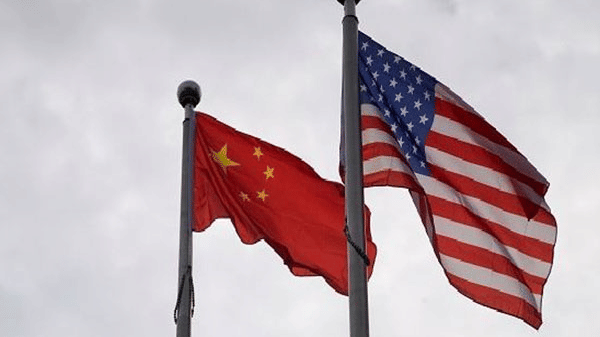Thank you dear subscribers, we are overwhelmed with your response.
Your Turn is a unique section from ThePrint featuring points of view from its subscribers. If you are a subscriber, have a point of view, please send it to us. If not, do subscribe here: https://theprint.in/
On February 1, 2025, Donald Trump signed an executive order imposing 10% tariffs on all goods being imported from China. Along with that President Trump also suspended the exemption extended to Chinese exports under Section 321 of Tariff Act of 1930 also known as the De Minimis rule. Under the de minimis exemption many countries allow import of one shipment of goods (per person, per day) of a limited value free from any import duties. In the US this limit was raised from $200 to $800 in 2016.
China in response to the tariffs has threatened to approach the WTO. In addition to that the Chinese ministry of finance announced 15% tariff on coal and LNG as well as a 10% tariff on crude oil, agricultural machinery and some other goods imported from the US. On the other hand, the exemption on de minimis imports from China was resumed by Trump through an executive order a few days later. The reason cited for this reversal was to put in place adequate systems to process and collect the tariff revenue. One can take a queue from here, how difficult it will be to put in place the systems for reciprocal tariffs that are supposed to kick in from April. However, on a notification by the secretary of commerce to the President can again revoke the de minimis exemption soon.
These policy shifts on section 321, caused US logistics firms like the United States Postal Services (USPS) and FedEx to make about turns on their policy to ban and then continue shipments from mainland China and Hongkong. This was because Chinese e-commerce firms emerged as the largest beneficiaries of the exemption on the de minimis rule. According to Congressional Research Services the share of PRC exports ($18.4 billion) in 2023 was one third of total US de minimis imports($54.5 billion). In fact, almost 83% of total US e-commerce imports in FY2022 were de minimis imports which mainly consisted large volumes of smaller value parcels. The risks of China circumventing US import procedures to export fentanyl precursors and other counterfeit goods was also flagged.
Even though the issue seems a bilateral one between the US and China, ripple effects of it are visible elsewhere. The CRS report pointed out to the policies adopted by PRC to limit the scope of de minimis imports in China. These include confining e-commerce trade to pilot zones, placing annual de minimis cap per importer and per exporter, limiting de minimis benefits to products provided in a catalogue, restricting foreign e-commerce companies to operate in Chinese market and most notably imposing Value added tax (VAT) on e-commerce imports. The last one has prompted a wider response from the US. President Trump has cited VAT imposed by countries, which form a part of internal taxation mechanism of any country, contributing to US’s record trade deficit. While, as of now the ire is mainly directed towards Europe, there is every possibility that other consumption taxation systems like India’s GST can be targeted. There are issues of sovereignty, that the US is overlooking.
Chinese E-commerce firms like Alibaba, Shein and PDD holding’s subsidiary company, Temu, which are essentially data trading companies are expected to be affected in the most adverse manner if US revokes the de minimis exemption. Shien, a clothing e-commerce firm, doesn’t sell within China. It contracts Chinese firms to directly export their products globally. Shein’s parent company is based in Singapore and tied to a holding company in British Virgin Islands. This company which was banned from India in 2020 due to border tensions, has made a comeback in the Indian market with a licensing agreement with RIL. Shein, which will have to endure revenue hit due to drop in its exports to the US may try to compensate the same from the Indian market.
While most countries are rightly concerned about the reciprocal tariffs that US might impose beginning April, shifts in E-commerce coupled with the rise in quick commerce are to be looked at closely. While scrutiny on Chinese investments is being reconsidered as underlined in the economic survey, rising trade deficit which will be exacerbated due to US policies must draw some concern in India.
These pieces are being published as they have been received – they have not been edited/fact-checked by ThePrint.


